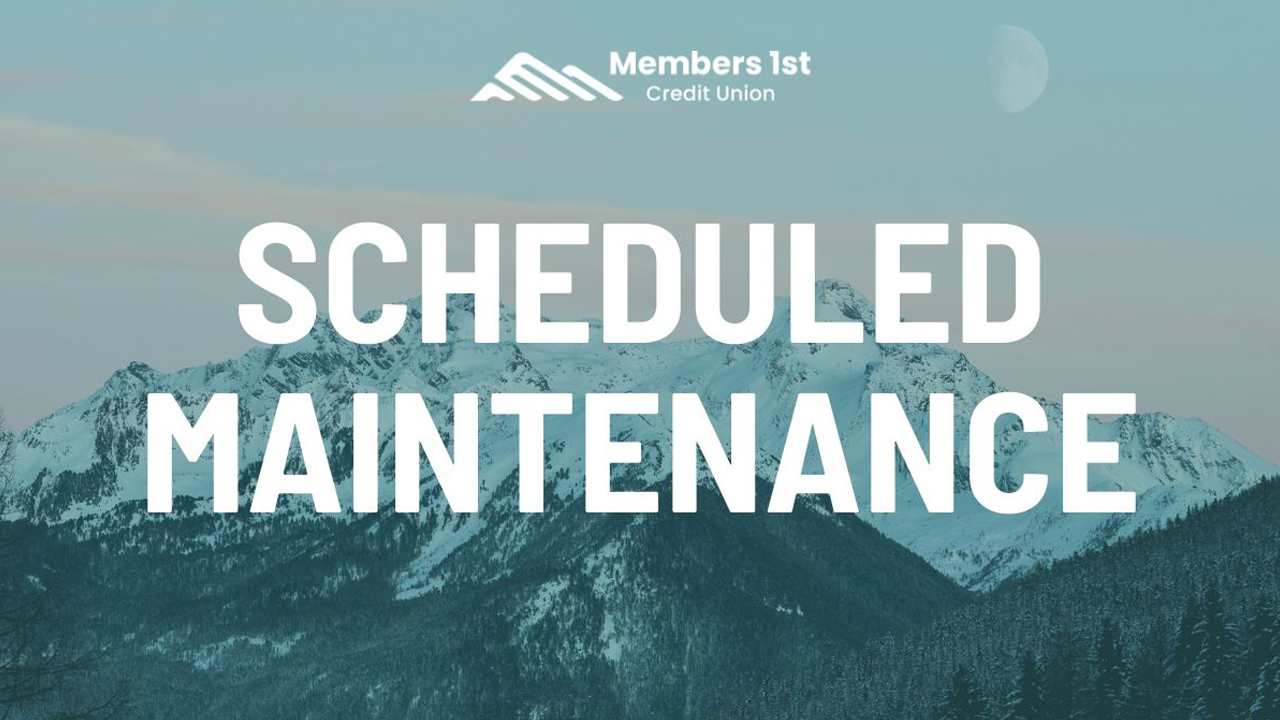.jpg)
5 Credit Card Mistakes to Avoid During Tough Times
When times are tough, credit card debt may be inevitable if you're learning to manage credit or are forced to make risky financial decisions due to hardships.
Having a plan may help you avoid debt or keep it manageable when money is tight. If your circumstances allow it, consider alternatives before making credit card mistakes that make it difficult to bounce back.
1. Don't keep spending as usual
Change your budget if inflation or other circumstances are jeopardizing it. With today's inflation, adjust your budget to include the growing charges of gas, internet, and cell phone bills on your credit card.
Look at your budget and take a hard look at those needs versus wants. Scale back in other areas to balance rising costs and opt for alternatives. For example, move your weekly family dates at the local coffee shop to your patio. Eat in and travel less, or even consider having the kids attend a less expensive arts camp.
As you're reviewing your credit card statement, consider cutting out unnecessary purchases or unused subscriptions. Prioritize essentials like rent, utilities, food, and expenses that help bring in income. If you're still stretched financially after making changes, consider other options like part-time work, or getting roommates!
2. Avoid relying on your credit limit
Trimming your budget may offer savings opportunities that prevent you from relying on credit cards. Save what you can — even just $5 per week. An emergency fund is foolproof, but a credit limit can eventually max out or get slashed at the issuer's discretion.
Before that happens, request a higher credit limit from issuers when accounts are in good standing. This way, you have some credit available as a last-resort option that supplements an emergency fund. Note that an issuer may run a "hard inquiry" on your credit after making this request, an action that can temporarily drop credit scores.
3. Don't carry a balance on a high-interest credit card
Having a large balance on a high-interest credit card makes purchases more expensive. For credit card accounts that assessed interest in 2021, the average rate was 16.45%, according to Federal Reserve data. Some credit card interest rates run even higher at 29.99%.
While a card's interest rate depends on economic factors and your credit, some cards or institutions (like credit unions) offer lower rates that may save money on ongoing balances. For instance, according to data from the National Credit Union Administration, the national average rate on credit cards at credit unions was 11.21% in March 2022.
If you need a debt payoff strategy, a good credit score (a FICO score of 690 or higher) may qualify you for a balance transfer credit card that allows you to move a high-interest balance onto a new card at a lower rate. Weigh the cost of the balance transfer fee and the ongoing interest charges to identify the best option. The ideal balance transfer card has no annual fee, a low balance transfer fee of 3% or less, and a long enough 0% introductory APR period to make progress on debt.
4. Stop racking up late fees
If you foresee a late payment, contact your credit card issuer quickly. A late fee can cost up to $30 the first time and up to $41, according to a 2022 news release by the Consumer Financial Protection Bureau. Some issuers may be able to change your due date, offer financial hardship programs, or refer you to a nonprofit credit counseling agency that provides a debt management plan. These programs may waive fees or lower interest rates for a specific time frame.
5. Think twice about cash advances
A credit card cash advance conveniently provides a short-term cash loan at a bank or ATM, but it's costly. The interest on the amount of cash borrowed starts accruing immediately, and fees may apply.
Instead, consider a personal loan or targeted offers from issuers that turn available credit on a credit card into a less pricey installment loan that puts cash in your bank account. For the latter option, there's no loan application or credit check required.


.jpg)
.jpg)
